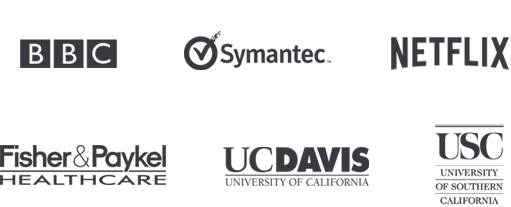SEO Content Writing Services
We provide SEO content writing services to your
website that translate into solid SEO results.
From
$0.05
per word
1 day
turnaround
40 areas
of experience
Place your order!
Our professional writers start most orders within 30 minutes!
4.9/5
834 customer reviews
DaQuan 

October 31st, 2025
The Enterprise order was well worth it. Great quality and timely project completion. I will be coming back! Thank you TextRoyal!
Long Vinh Tuan 

October 29th, 2025
Thanks
Elisabetta Di Michele 

October 26th, 2025
Pleased with quality, and price was competitive. Would use again
Alex O’Neil 

October 22nd, 2025
Amazing value for exceptional content!
 Order online
Order online



































